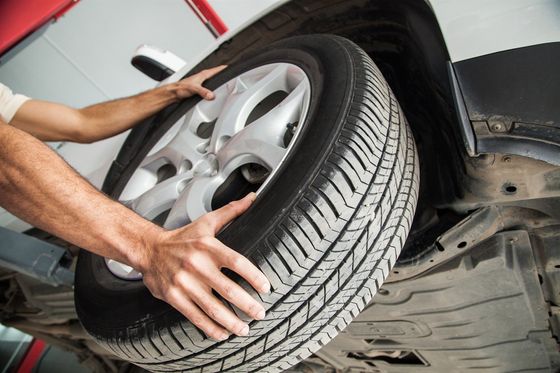Subaru repair & maintenance services
MVP Subaru is here for all of your auto repair needs. You can trust our experienced mechanics with all your maintenance, troubleshooting, and repair needs.
TROUBLESHOOTING
If your Subaru is making an odd noise or otherwise running rough, the specific problem isn’t usually obvious. That’s why it’s so important to have an experienced Subaru mechanic, at a trusted auto repair shop, diagnose the problem.
Free engine light check
When your engine light goes on, we can plug in our computer and get a code that can help narrow down the potential problems. Even better, we offer this service for free.
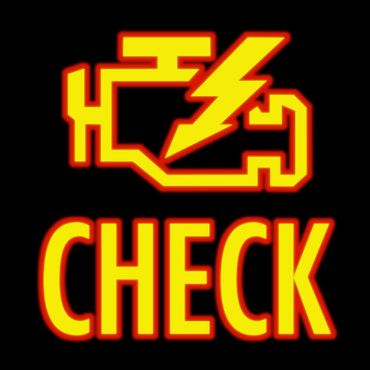
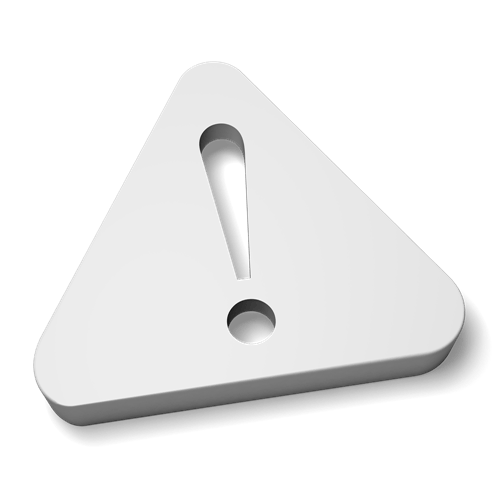
Beware of free estimates
You might be asking yourself, “What could possibly be wrong with a free estimate?” A mechanic who isn’t charging for the time it takes to diagnose the problem with your Subaru, isn’t likely to devote much time finding the exact problem. In this situation, it’s much more profitable to just make a guess as to the most likely problem and suggest that repair. In other words, they’re diagnosing-by-doing and you are paying for every repair (necessary or not).
Example:
Your engine light is on and you come in for a free check. The computer gives a code that points to the oxygen sensor. The first temptation is to replace that sensor and in some cases that might even be the best course of action. It’s important to understand what this code is telling us, though.
It’s not the computer saying the oxygen sensor is broken. It’s the computer showing that the reading from the oxygen sensor is outside the acceptable range. The problem is often a system being measured by the sensor and not the sensor itself.
ENGINE REPAIR
Subaru builds very reliable cars, so you’re not as likely to need major engine repairs very often. When you do, we're here to help. Our certified mechanics can handle everything from minor to major engine repairs.
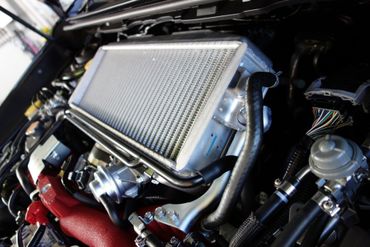
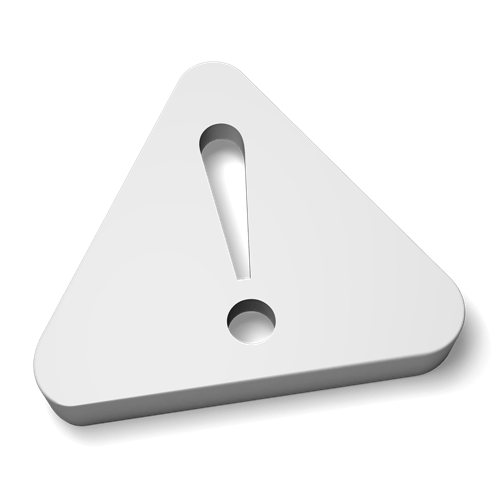
Warning signs that your engine may need repair:
- Idling high or stalling.
- Overheating (driving an overheating car is likely to do a lot more damage to the engine).
- Doesn’t start right away.
- Excessive smoke from the tailpipe.
- Odd smells.
- Burns oil (some burning of oil may be normal, but, it’s best to have this checked because it can be a sign of a major issue).
- Coolant or oil leaks.
- Making a new noise (notice when the noise happens, as that can be helpful in identifying the problem).
Known issue: Subaru head gaskets
Subaru makes fantastic and reliable vehicles. Blown head gaskets are one of the few common issues. The key to minimizing the damage (and thus the cost) of a blown head gasket is to catch the problem early. It can be the difference between just replacing the head gasket and rebuilding the whole top end of the engine.
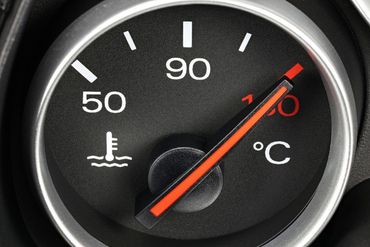

Common symptoms of a blown head gasket include:
- Overheating engine (whether due to a head gasket or not, driving an overheating car is likely to blow the head gasket and do more damage to the engine).
- White smoke coming from the exhaust pipe.
- Bubbles in the radiator or overflow tank.
- White milky oil, or oil that smells like coolant.
- Rapid loss of coolant with no signs of leaks.
The head gasket can leak a little or a lot, so the initial symptoms aren’t always dramatic. That said, the instant it starts leaking, your engine and cooling system is being damaged. If you think your head gasket is starting to go, avoid driving your car and schedule a service as soon as possible.
TRANSMISSION SERVICING
When driving, your transmission is in almost constant use. If you start experiencing problems, you can count on MVP Subaru. Our mechanics are well versed in both manual and automatic transmissions.

Below is a list of potential signs that it’s time to have your transmission serviced:
- Grinding or poor shifting
- Delayed shifting (automatic)
- Clutch pedal requires extra force, has a short release, or feels otherwise unusual
- Burning smell coming from under hood
- Transmission slips or grinds
- Transmission fluid looks cloudy or thick and/or smells foul (automatic)
Dirty transmission fluid is the cause of many automatic transmission problems. This is why Subaru recommends replacing your transmission fluid every 30,000 *.
ELECTRICAL & CHARGING SYSTEM
Modern cars depend on electronics for almost everything. Our ASE Certified mechanics are trained in your Subaru's cutting edge electrical systems.
Below is a partial list of the electrical systems MVP Subaru can help you with:
- Starters
- Alternators
- Batteries & connectors (battery testing, replacement, maintenance, etc.)
- Lights (headlights, marker lights, turn signals, etc.)
- Power accessories (power windows, locks, etc.)
- Heater controls
- Wiring
- Gauges
- Fuses
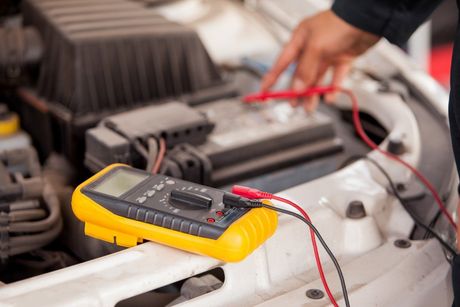
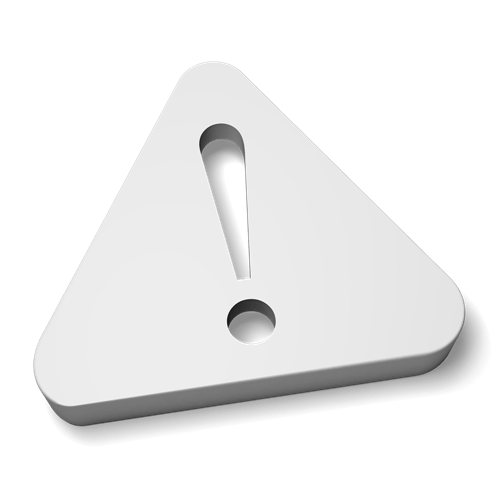
Common electrical problems:
- Your Subaru won’t start
- Headlights are dim and/or dim when you push the brakes or turn on your heater
- Battery is leaking or damaged
- Battery indicator light stays on
- Turn signal blinks / clicks faster than normal
HEATING & COOLING
You depend on your heating and cooling systems to keep you warm during winter and cool in the summer. Beyond comfort, issues with these systems may be a sign of a major problem. Additionally, a broken defroster can be a serious safety concern.
Air conditioning
Your A/C keeps your car cool in the summer. It also works as a dehumidifier with your heater to defog your windows in the winter. Portland has high humidity and relatively mild weather, so your windows fogging up might be the first sign of a problem with your A/C.
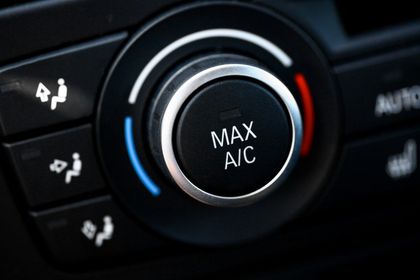

Top signs that your Subaru’s A/C is in need of service:
- A/C blows only slightly cooler air, compared with the outside temperature
- The air comes out moist or smells rotten like mold
- It only works when the car is moving, and the air doesn’t flow when you are idling
- Your defroster isn’t working (as mentioned above)
- We can diagnose your A/C problems and help you with the necessary repairs. Remember, it's not just about comfort. You'll need your A/C for defogging your windows, too.
Heating
A heater core takes the heat generated by your engine and turns it into toasty hot air blowing into your Subaru. The system includes several hoses and other components. These all must be in good working order for everything to function correctly. Additionally, it's connected to your engine cooling system. This means a problem with your heating system can lead to your car overheating.
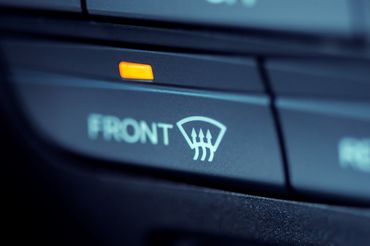

Common signs your heating system should be checked:
- The air from the vents is cold, even after the car is warmed up
- At the highest setting your vents aren’t pushing much air out
- The air from the vents smells rotten or feels moist
- You have to add coolant often and/or find a puddle of coolant under your car
Inspecting your heating and cooling system may include all or some of the following:
- Evaluating coolant levels, hoses, radiator cap and thermostat
- Inspecting related belts
- Testing electric blowers
- Checking the whole system for coolant leaks
- Running pressure tests and reviewing results against Subaru guidelines
- Measuring air temperature at vents
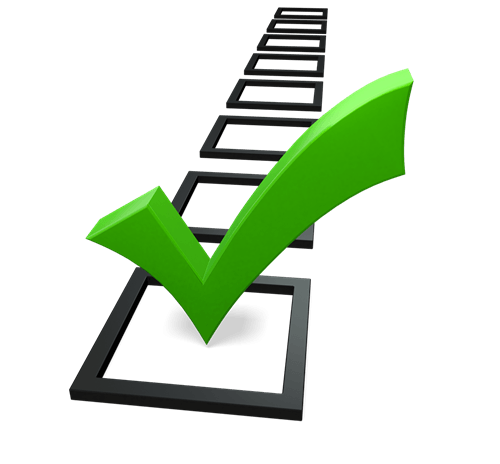
MAINTENANCE
Regular maintenance is an important part of keeping your Subaru in tip top condition. We’re here to help you with everything from oil changes and tune-ups, to your regularly scheduled maintenance. We are your affordable alternative to having your maintenance done at the Subaru dealership.
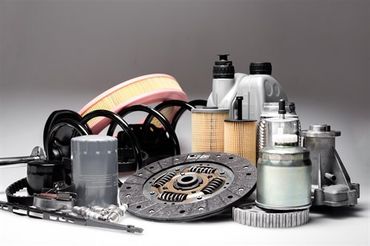
- Transmission fluid
- Brake fluid
- Inspect and adjust all drive belts to Subaru specifications
- Inspect cooling system
- Check air conditioning
- Rotate tires, inspect tread wear and adjust air pressure
- Brake system inspection; pads and/or drums, lines, hoses and fluid
- Inspect suspension system
- Service battery, clean terminals, install anti-corrosion pads and check battery condition
- Inspect wiper blades and linkage operation
- Lubricate latches and hinges as required
- Inspect exhaust system and heat shields
- Replace front and rear differential fluid
- Inspect radiator and cooling system
- Adjust emergency brake to factory specifications if needed
- Replace air filter element
- Inspect steering operation, tie rod ends and steering rack guides per Subaru specifications
- Inspect all engine and transmission mounts
- Check and adjust all fluid levels as needed
- Check all interior and exterior lighting
- Road test
BRAKES
Your Subaru's braking system is the most vital safety equipment in your car.
Brake inspection
Brake fluid replacement
Brake pad replacements
How often you need to replace your brake pads will depend on your driving style and other outside factors. That is why regular inspections are especially important.
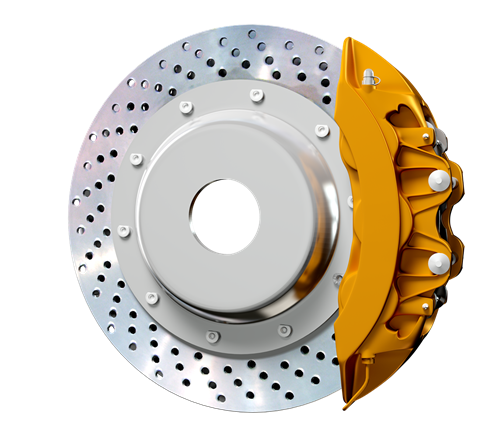
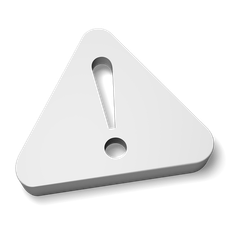
Signs your brakes may have a problem
- You hear squealing or grinding sound when applying the brakes
- When you push on the brakes the pedal feels spongy
- Your car is pulling to one side when you brake
- Your brake warning light is lit up
TIRES
You may not think about your tires very often. Tires are essential to the safety, reliability, fuel economy and performance of your Subaru. Your tires carry the full load of your car while providing traction, braking friction and absorbing shocks.
It’s a good idea to inspect your tires on a regular basis to avoid surprises.The things you should check include:
- Tread depth - In the rainy Oregon weather, the tread on your tire becomes even more important. The tread siphons water from under your tire making it less likely that you hydroplane.
- Wear pattern - If the tread on your tire is wearing unevenly, it’s a sign that you have a different issue. For example: If you under-inflate your tires, the outer edges will wear down faster than the center. If you over-inflate your tires, the center will wear down faster.
- Tire pressure - You should check your user’s manual for the proper tire pressure for your Subaru. Beyond the uneven wear described above, under-inflated tires will reduce your gas mileage. Over-inflated tires will provide less traction, a bumpier ride and extra strain on the reset of your suspension.
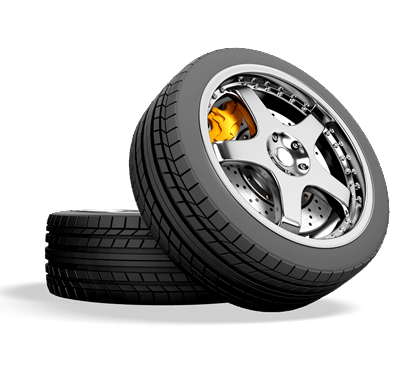
TIRE SERVICES
We provide the following services to keep you rolling down the street, safe and secure:
- Tire inspection
- Flat repair
- Tire rotation (should be done every 5-10k miles)
- New tire replacement
